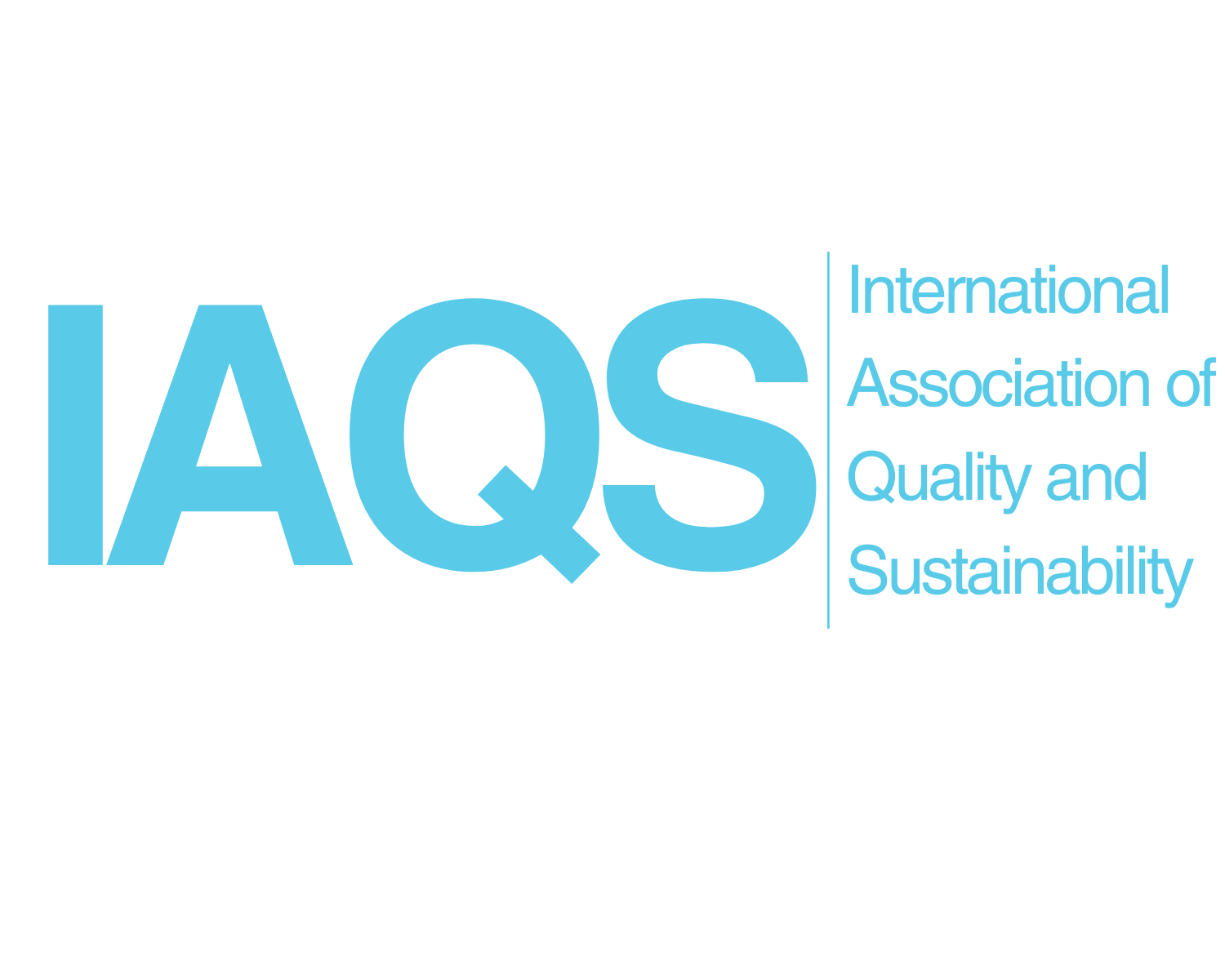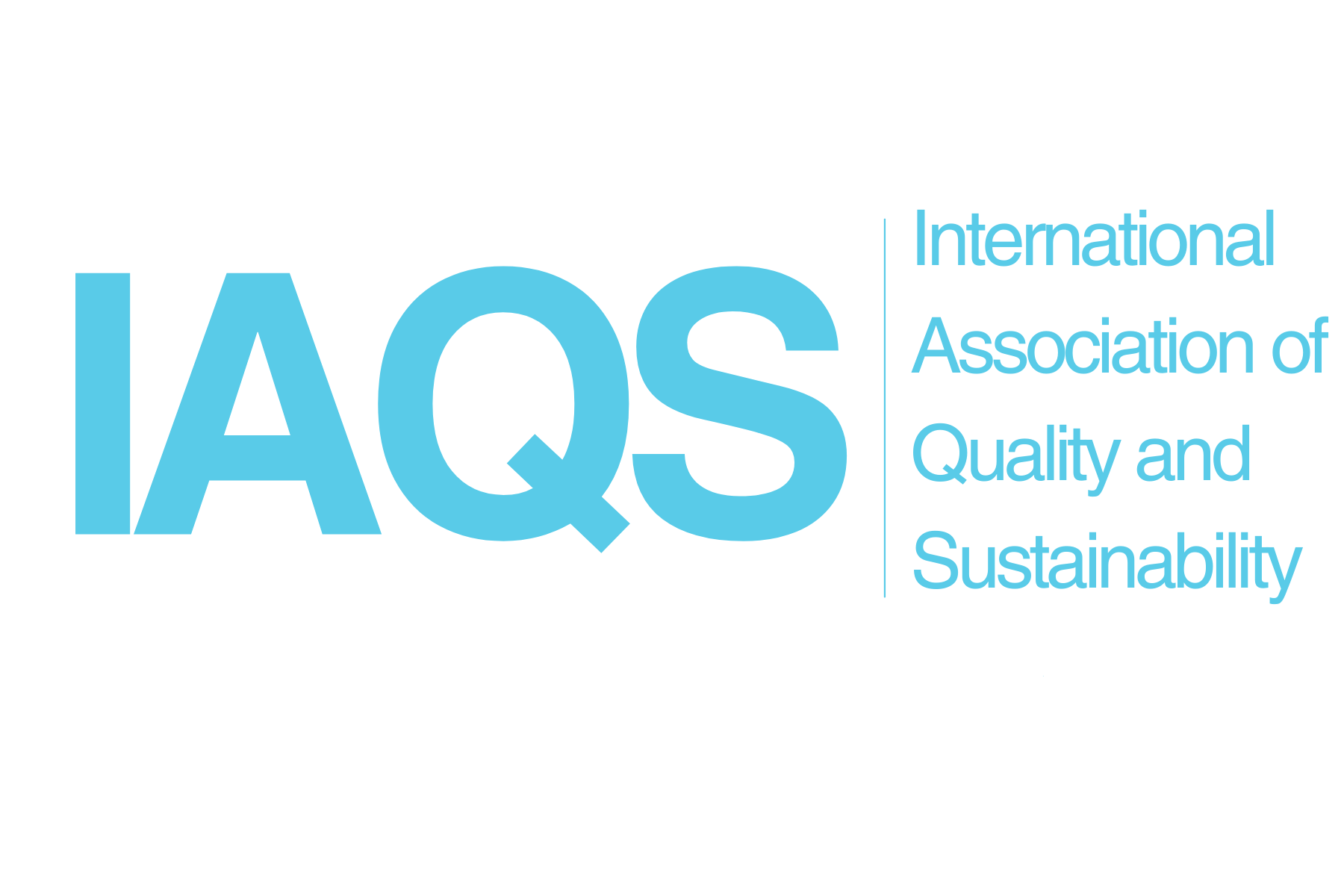Sustainability Reporting Practices in SMEs

In today’s business landscape, sustainability reporting has become an essential practice for companies of all sizes. Small and Medium-sized Enterprises (SMEs) are increasingly recognizing the importance of sustainability reporting not only as a tool for transparency but also as a strategic advantage. By implementing sustainability reporting practices, SMEs can enhance their reputation, meet stakeholder expectations, and contribute to global sustainability goals.
One of the primary benefits of sustainability reporting for SMEs is the ability to communicate their commitment to environmental, social, and governance (ESG) issues. Through comprehensive and transparent reports, SMEs can demonstrate their efforts to minimize environmental impact, ensure social responsibility, and maintain ethical governance. This transparency builds trust with customers, investors, and other stakeholders, fostering stronger relationships and potentially leading to increased business opportunities.
Implementing sustainability reporting also allows SMEs to identify and manage risks more effectively. By regularly assessing their operations and supply chains, SMEs can uncover areas of potential risk related to environmental impact, labor practices, and regulatory compliance. Proactively addressing these risks can prevent future liabilities and enhance the overall resilience of the business. Furthermore, sustainability reporting can help SMEs identify opportunities for cost savings through resource efficiency and waste reduction.
Another significant advantage of sustainability reporting is the potential for improved access to capital. Investors and financial institutions are increasingly prioritizing ESG criteria when making investment decisions. SMEs that demonstrate robust sustainability practices through detailed reporting are more likely to attract investment and secure favorable financing terms. Additionally, sustainability reporting can open doors to grants and funding programs aimed at supporting environmentally and socially responsible businesses.
Despite the clear benefits, many SMEs face challenges in implementing sustainability reporting practices. Limited resources, lack of expertise, and the perceived complexity of reporting standards can be significant barriers. However, SMEs can overcome these challenges by starting small and gradually expanding their reporting scope. Utilizing existing frameworks such as the Global Reporting Initiative (GRI) or the Sustainability Accounting Standards Board (SASB) can provide valuable guidance and streamline the reporting process.
In conclusion, sustainability reporting is a powerful tool that can drive positive change within SMEs. By embracing sustainability reporting practices, SMEs can enhance their reputation, manage risks, attract investment, and contribute to a more sustainable future. As the demand for transparency and accountability continues to grow, SMEs that prioritize sustainability reporting will be well-positioned to thrive in an increasingly competitive market.

